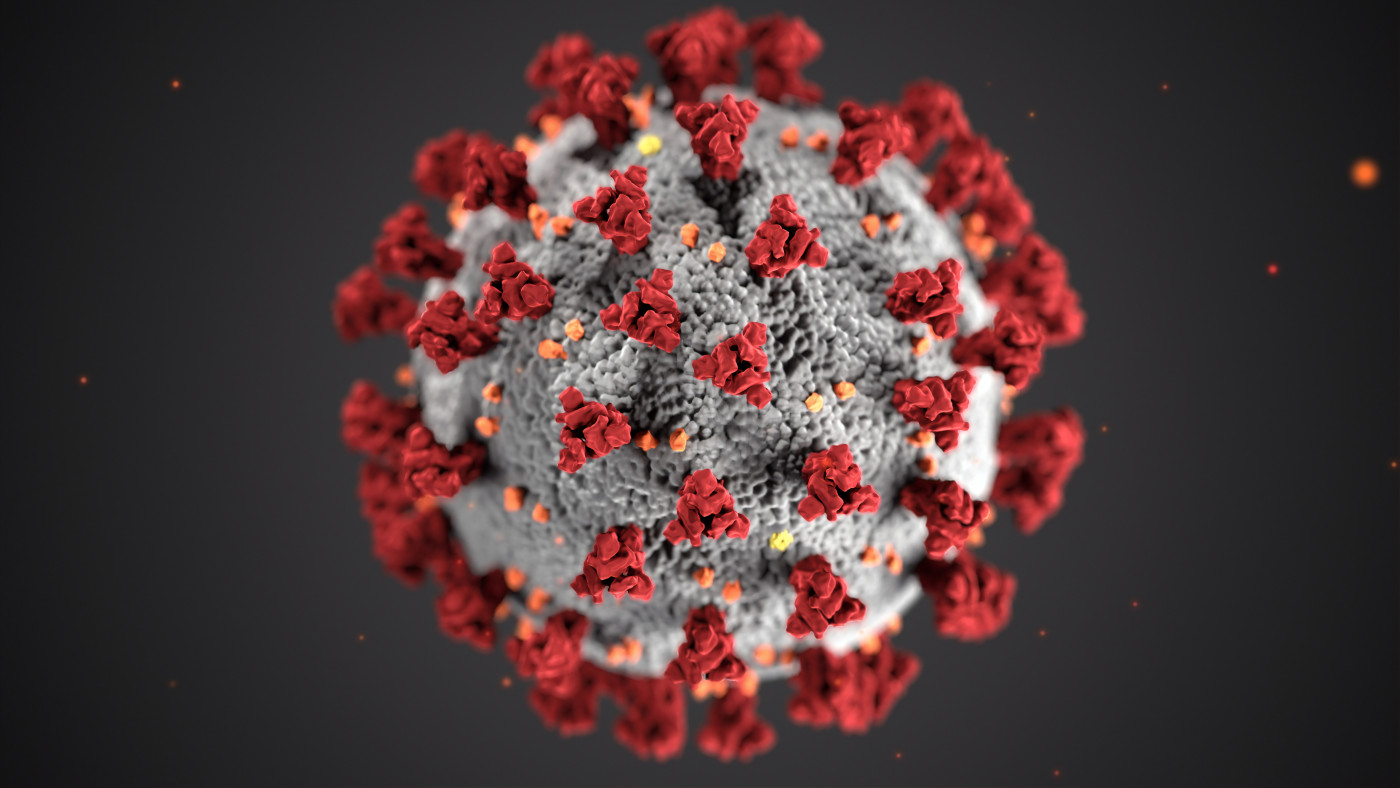AACE Issues Advice for Cushing’s Patients During Pandemic

As people with uncontrolled Cushing’s syndrome and adrenal insufficiency are at a relatively higher risk of infection, they are urged to follow Centers for Disease Control and Prevention guidance regarding COVID-19, and continue to use and ensure adequate supply of necessary medications.
These were among recommendations issued by the American Association of Clinical Endocrinologists (AACE) during the pandemic.
More specifically, people with Cushing’s syndrome or disease — the latter falls under the general condition of Cushing’s syndrome — should maintain social distancing and call their primary care or endocrinologist if they experience fever, cough, shortness of breath, or other viral symptoms. Patients should also call the government COVID-19 hotline specific to their state.
They are advised to continue to take medications as prescribed, making sure they have enough oral and injectable steroids, ideally a 90-day supply.
Anyone experiencing acute illness should increase hydrocortisone doses as instructed, and contact their physician for further direction. Depending upon physicians’ recommendations, they should follow “sick day” rules for increasing oral or injectable glucocorticoids.
Should supplies of hydrocortisone run short, the AACE recommends that patients speak with their physician and pharmacist about possibly using different strengths — 5, 10 or 20 mg — of hydrocortisone tablets.
In general, patients with acute illness should double their usual glucocorticoid dose, the AACE also recommends. People unable to take oral glucocorticoids should ask their physician about alternative therapies and regimens.
Treatments such as chemotherapy and radiation, both of which weaken the immune system, may also make Cushing’s patients more susceptible to infection.
In addition to calling their state’s COVID-19 hotline and checking with their physician or specialist, patients suspecting they might have this virus are advised to wear a medical alert bracelet or necklace in case of an emergency.
All with Cushing’s syndrome, along with the public-at-large, should stay at home as much as possible, avoid crowds and non-essential travel, wash their hands regularly for at least 20 seconds, use hand sanitizer with at least 60% alcohol if soap and water are not readily available, cover their mouth and nose with a tissue or flexed elbow when coughing or sneezing, and avoid touching their eyes, mouth or nose.
Cushing’s disease develops when the pituitary gland releases too much adrenocorticotropic hormone (ACTH), usually due to a tumor on that gland or long-term use of corticosteroid medications. High ACTH levels cause the adrenal glands — situated above the kidneys — to produce too much cortisol. Among other things, cortisol regulates blood pressure, controls the immune response, determines the body’s use of macronutrients by limiting the effects of insulin, and helps in responses to stress.
Adrenal insufficiency occurs when damage to the pituitary gland or hypothalamus affects ACTH secretion, causing adrenal glands to produce inadequate levels of cortisol.
Studies have shown that individuals with adrenal insufficiency have a higher rate of respiratory infection-related deaths, possibly due to impaired immune function.
COVID-19 is an infection caused by severe acute respiratory syndrome coronavirus 2, a newly identified pathogen that has not previously been seen in humans and is highly contagious. The World Health Organization has declared it a pandemic. Visit this page for more information about the disease.
The AACE is a professional community of physicians specializing in endocrinology, diabetes, and metabolism working to ensure members are able to provide the highest-quality patient care.





